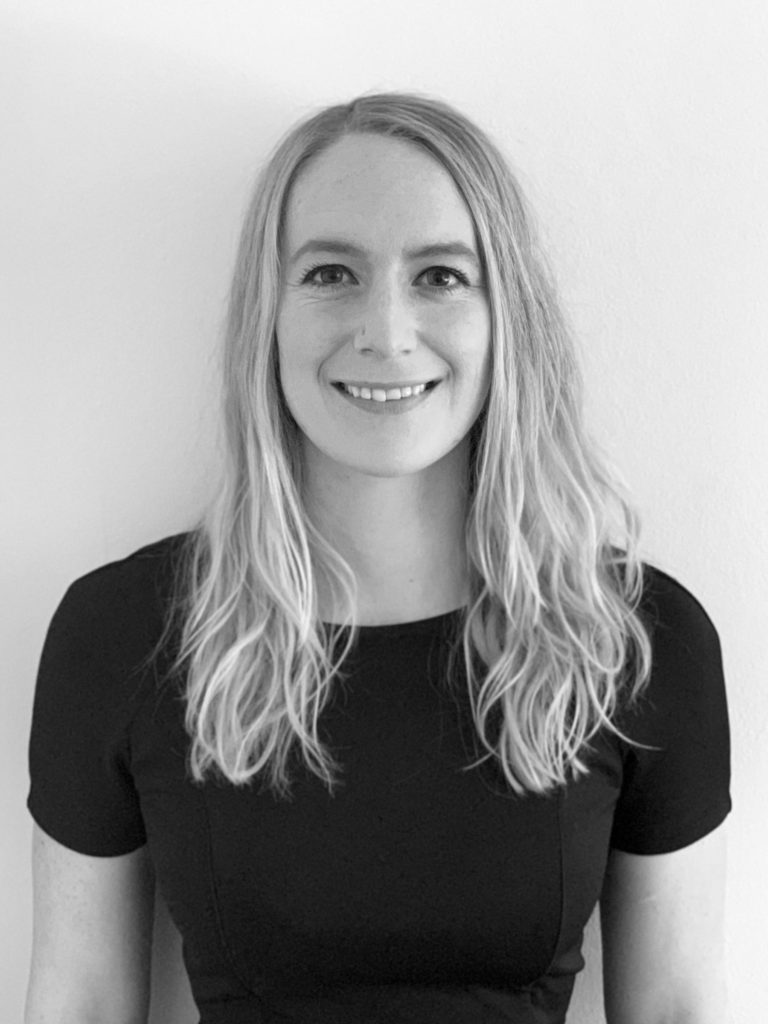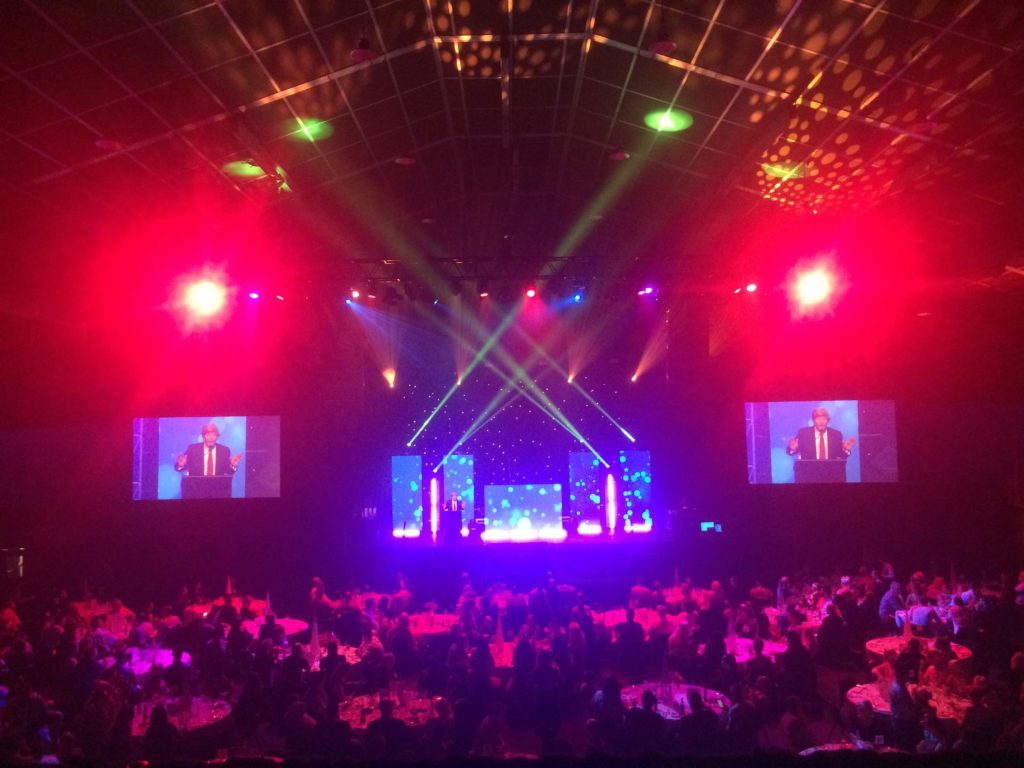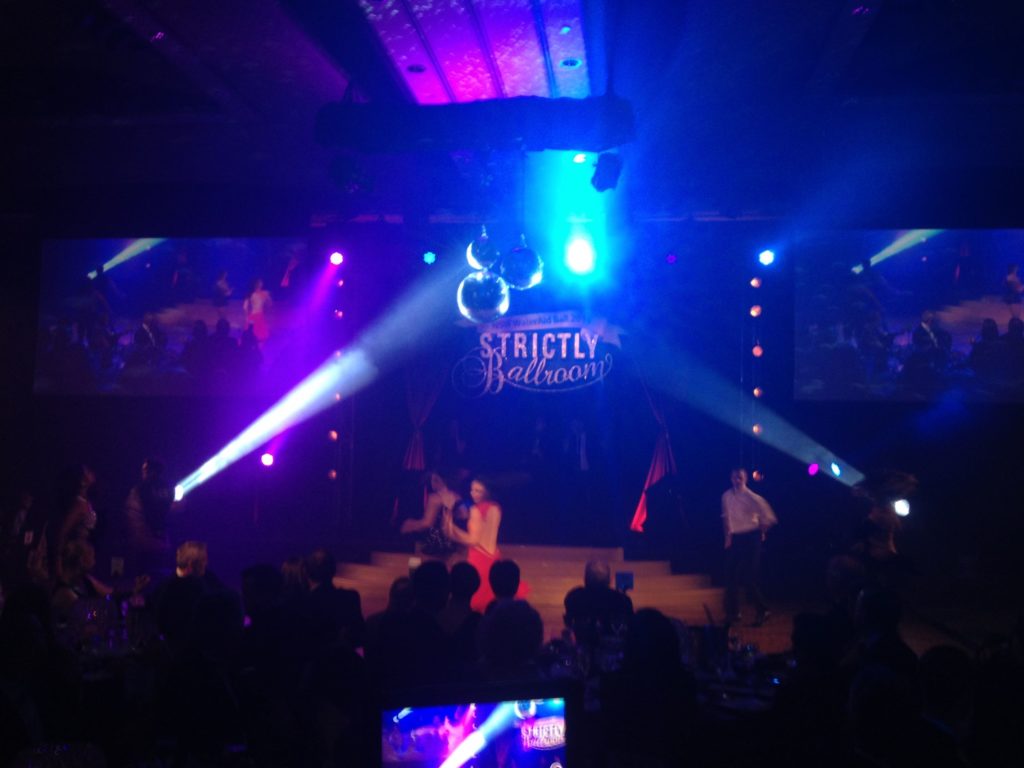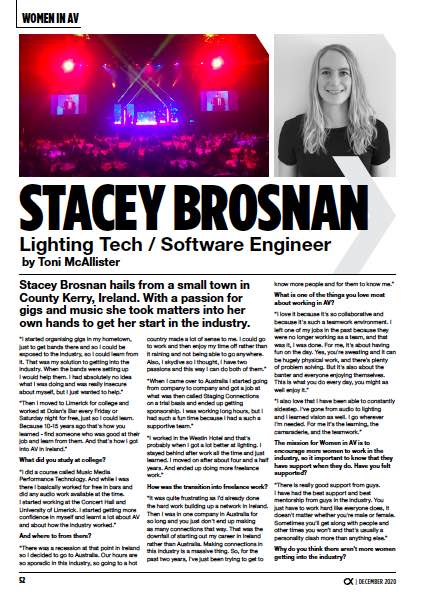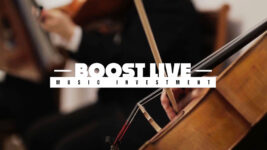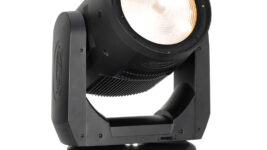Women In AV
18 Jan 2021
Stacey Brosnan
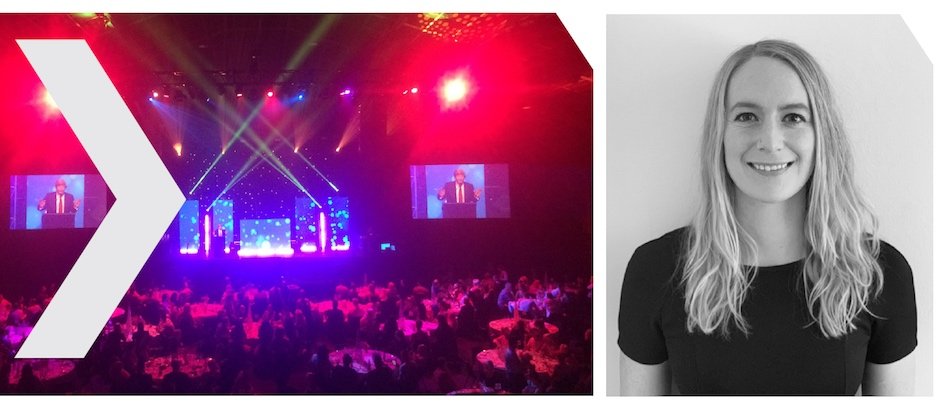
Subscribe to CX E-News
Lighting Tech / Software Engineer
Stacey Brosnan hails from a small town in County Kerry, Ireland. With a passion for gigs and music she took matters into her own hands to get her start in the industry.
“I started organising gigs in my hometown, just to get bands there and so I could be exposed to the industry, so I could learn from it. That was my solution to getting into the industry.
“When the bands were setting up I would help them. I had absolutely no idea what I was doing and was really insecure about myself, but I just wanted to help.”
“Then I moved to Limerick for college and worked at Dolan’s Bar every Friday or Saturday night for free, just so I could learn. Because 10-15 years ago that’s how you learned – find someone who was good at their job and learn from them. And that’s how I got into AV in Ireland.”
What did you study at college?
“I did a course called Music Media Performance Technology. And while I was there I basically worked for free in bars and did any audio work available at the time.
“I started working at the Concert Hall and University of Limerick. I started getting more confidence in myself and learnt a lot about AV and about how the industry worked.”
And where to from there?
“There was a recession at that point in Ireland so I decided to go to Australia. Our hours are so sporadic in this industry, so going to a hot country made a lot of sense to me. I could go to work and then enjoy my time off rather than it raining and not being able to go anywhere.
“Also, I skydive so I thought, I have two passions and this way I can do both of them.”
“When I came over to Australia I started going from company to company and got a job at what was then called Staging Connections on a trial basis and ended up getting sponsorship. I was working long hours, but I had such a fun time because I had a such a supportive team.”
“I worked in the Westin Hotel and that’s probably when I got a lot better at lighting. I stayed behind after work all the time and just learned. I moved on after about four and a half years. And ended up doing more freelance work.”
How was the transition into freelance work?
“It was quite frustrating as I’d already done the hard work building up a network in Ireland. Then I was in one company in Australia for so long and you just don’t end up making as many connections that way.
“That was the downfall of starting out my career in Ireland rather than Australia. Making connections in this industry is a massive thing. So, for the past two years, I’ve just been trying to get to know more people and for them to know me.”
What is one of the things you love most about working in AV?
“I love it because it’s so collaborative and because it’s such a teamwork environment. I left one of my jobs in the past because they were no longer working as a team, and that was it, I was done.
“For me, it’s about having fun on the day. Yes, you’re sweating and it can be hugely physical work, and there’s plenty of problem solving. But it’s also about the banter and everyone enjoying themselves. This is what you do every day, you might as well enjoy it.”
“I also love that I have been able to constantly sidestep. I’ve gone from audio to lighting and I learned vision as well. I go wherever I’m needed. For me it’s the learning, the camaraderie, and the teamwork.”
The mission for Women in AV is to encourage more women to work in the industry, so it important to know that they have support when they do. Have you felt supported?
“There is really good support from guys. I have had the best support and best mentorship from guys in the industry. You just have to work hard like everyone does, it doesn’t matter whether you’re male or female.
Sometimes you’ll get along with people and other times you won’t and that’s usually a personality clash more than anything else.”
Why do you think there aren’t more women getting into the industry?
“It’s an industry where you don’t really see as much of what you can do. With gigs and concerts, it’s more about the artists than who’s behind the scenes and the technical aspects. You don’t see what the possibilities are. I think that’s part of it. It’s not a very obvious career. My parents have no idea what I do.”
It’s not a very obvious career. My parents have no idea what I do
Did you have any challenges when you were trying to break into the AV industry?
“During college, I did a bit of programming, a lot of report writing, and making music and composing. The biggest challenge I had when I started working was actually just doing it – problem solving on the job. Because you don’t really do that in school or college.”
So, the challenge was putting the theory or learnings into practice?
“Yeah exactly. I’ve realised that I’m very much a visual learner. I need to learn by doing. I think that’s why I like lighting and vision a bit more.
“Because with audio it’s your opinion whether it sounds good or not, and everyone has a different kind of ear. But with lighting and vision you can see if it looks good, if it’s a nice combination of colours or it’s a good effect.”
“I was about 20 when I started to get into AV. I think I waited for college before I started because I thought that a degree would be more practical, which it wasn’t, which is fine because I still learned a lot.
“When I was in my second year of college I thought ‘okay, well if this is it, I’ll just have to do it myself’. And then I just started learning the practical side myself.”
Is there a project or aspect of your career that you are most proud of?
“I am proud of how I am able to adapt. I’m able to ask questions. I don’t feel nervous about it. Someone might think that I’m stupid but I really don’t care. I just I want to know how things work.”
“If you don’t feel comfortable asking someone that you work with how to do something, then stop working with them because it really is the best way to learn.”
“I’m happy with how going freelance has helped me with my confidence. That was one of the annoying things this year, obviously aside from COVID, was that I was just getting my momentum going with freelance work.
“I was getting a bit more ambitious, going for bigger jobs and making connections, but it is what it is.”
And now you’ve made a transition into software engineering.
“When COVID hit I started looking at different technologies and learning a little bit by myself.
“And then in July I decided that things are so uncertain and I have been so bored this year, it just made sense for me to learn a new skill. And software engineering is problem solving so it’ll help me with problem solving on shows later if I do go back into the industry over weekends.
“Plus, I had wanted to upskill. So maybe it was the right time.”
There’s a buzz that you get from events that keeps you coming back. Will you miss working on shows?
“Yes, it is very addictive. I really have no idea how web development is going to work out for me, but, I think I’m still going to try and do some weekend AV jobs, if I can, every now and then as I really love the atmosphere.”
Have you learned anything about the industry as a result of the current situation?
“The industry has completely changed now, the webcasting side has evolved so much. And it’s harder than ever trying to explain to clients that it just isn’t possible to do what they want with the money that they have.
… it’s harder than ever trying to explain to clients that it just isn’t possible to do what they want with the money that they have
Clients want the world now. Before you could explain things to them visually by pointing at things in a room, and things seemed more real. But now because it’s on a screen and everyone has cameras and they see people streaming from their home they assume that it’s a lot easier and cheaper than it is.
“Client expectations are higher and they don’t realise it’s actually more expensive for what they want, if they want good quality.”
Do you have a superpower?
“Given my skydiving, I’m going to have to say flying. But seriously I’d have to say I am like a chameleon. I’m able to go into any role that’s needed at the time.”
Any advice you’d give to women wanting to make a start in AV?
“I think the best advice I can give to women or anyone starting out is that if you’re not learning in a team because you don’t feel you can ask questions, just move on, move on to the next thing.
“When you start out in a company, having a really good team that supports you is so important. Being a woman shouldn’t hold you back, not in an industry like this; people are so supportive.”
Being a woman shouldn’t hold you back, not in an industry like this; people are so supportive
To find out more about Women in AV Australia visit:
www.womeninavaustralia.com.au
Instagram @womeninav_australia
Facebook womeninav.australia
CX Magazine – December 2020
LIGHTING | AUDIO | VIDEO | STAGING | INTEGRATION
Entertainment technology news and issues for Australia and New Zealand
– in print and free online www.cxnetwork.com.au
© VCS Creative Publishing
Subscribe
Published monthly since 1991, our famous AV industry magazine is free for download or pay for print. Subscribers also receive CX News, our free weekly email with the latest industry news and jobs.

